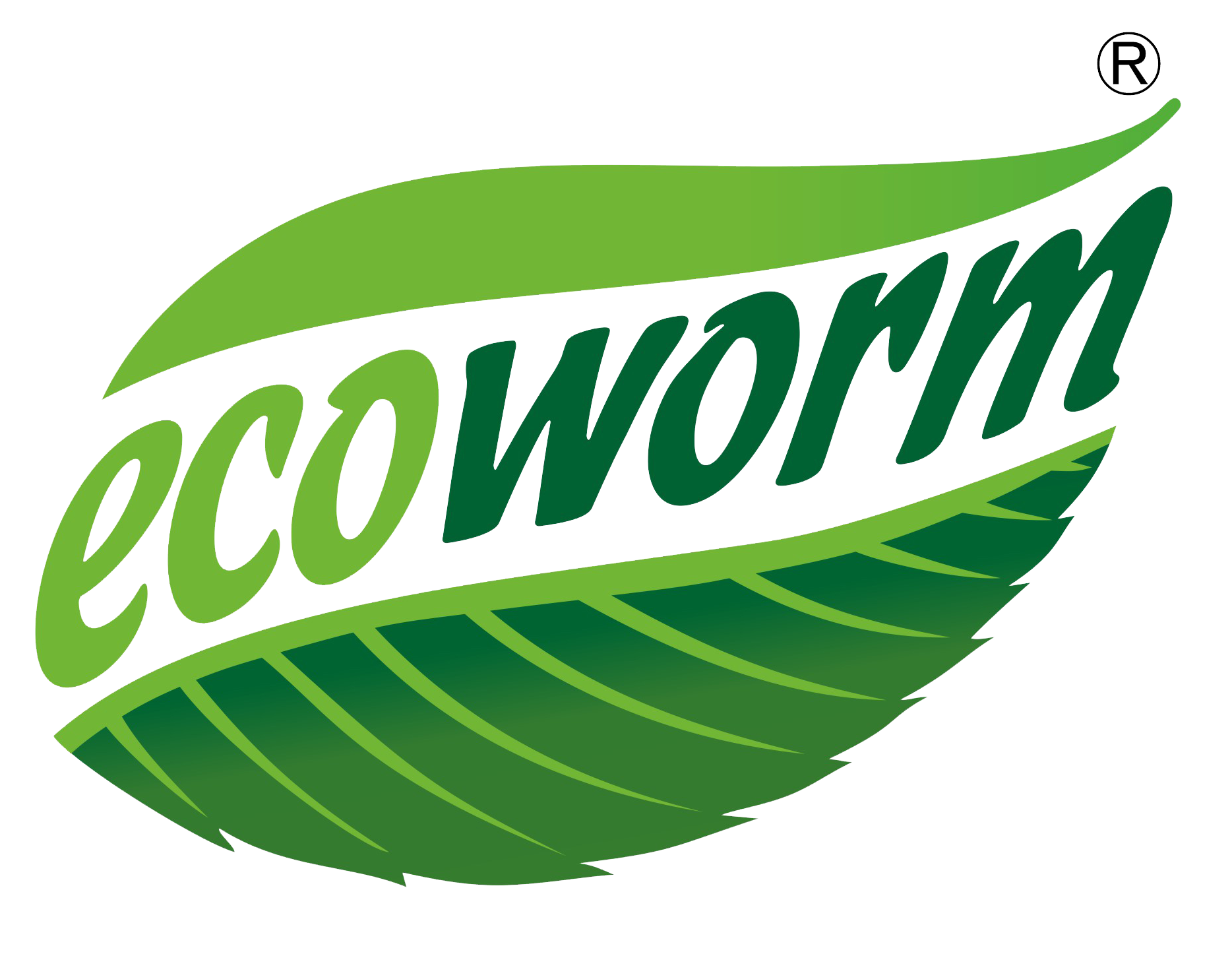 Plants are an essential part of our environment, and they require proper care to stay healthy and thrive. However, pests such as spider mites can pose a significant threat to the health and growth of plants. Spider mites are tiny arachnids that feed on plant sap, leaving behind visible damage and reducing the plant's ability to photosynthesise. If left untreated, spider mites can quickly multiply and cause irreparable damage to your plants. In this blog post, we will discuss the most effective methods to remove spider mites from plants and prevent them from becoming a pest.
Plants are an essential part of our environment, and they require proper care to stay healthy and thrive. However, pests such as spider mites can pose a significant threat to the health and growth of plants. Spider mites are tiny arachnids that feed on plant sap, leaving behind visible damage and reducing the plant's ability to photosynthesise. If left untreated, spider mites can quickly multiply and cause irreparable damage to your plants. In this blog post, we will discuss the most effective methods to remove spider mites from plants and prevent them from becoming a pest.
Identify the spider mite infestation
The first step in removing spider mites from your plants is to identify the infestation. Spider mites are tiny and difficult to see with the naked eye, but you can identify them by their damage. They feed on plant sap, causing the leaves to yellow and develop tiny white or yellow spots. You may also notice a fine webbing on the plant, which is their nesting site. To confirm the infestation, you can use a magnifying glass to examine the plant for the presence of spider mites.
Remove infected leaves and branches
If you have identified a spider mite infestation, the first step is to remove any infected leaves and branches. This will prevent the infestation from spreading to other parts of the plant. Be sure to dispose of the infected plant parts away from the garden, as spider mites can easily spread to other plants.
Apply potassium soap
Potassium soap is a natural insecticide that is effective in removing spider mites from plants. It weakens the spider mites' outer shell, causing them to dehydrate and eventually die. One of the benefits of using potassium soap is that it is not harmful to other insects, such as bees and butterflies. To apply potassium soap, shake the bottle before use, and spray it on the plant during the hours when the sun is low. Avoid spraying the soap directly on the flowers, as it may cause damage.
Use neem oil
Neem oil is an effective natural insecticide that can be used to kill spider mites and other pests. It is extracted from the fruit of the neem tree and is safe for plants and the environment. To use neem oil, apply it to the plant one hour after applying potassium soap. This combination is very effective at eliminating spider mites from plants and preventing them from becoming a pest.
Keep the plants healthy
The best defense against spider mites and other pests is to keep your plants healthy. Healthy plants are more resistant to pests and diseases and can recover quickly from any damage. Be sure to provide your plants with adequate water, light, and nutrients. Regularly inspect your plants for any signs of pest infestation, and take immediate action if you detect any issues.
<img src="https://tracker.metricool.com/c3po.jpg?hash=3627981af5eceec9fd230546ed61590b"/>

